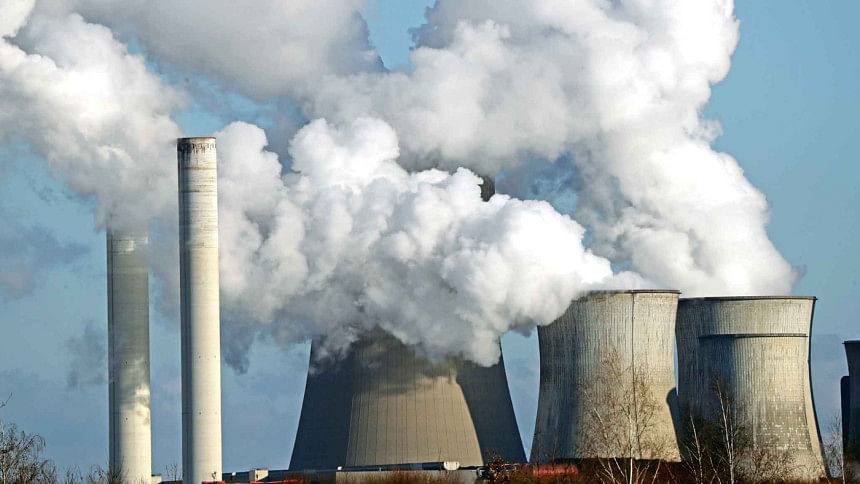Pollution behind 1 in 6 deaths in 2019: study

Pollution caused some 9 million people to die prematurely in 2019, according to a new global report published yesterday, with experts raising alarm over increasing deaths from breathing outside air and the "horrifying" toll of lead poisoning.
Human-created waste in the air, water and soil rarely kills people immediately, but causes instead heart disease, cancer, respiratory problems, diarrhoea and other serious illnesses.
The Lancet Commission on pollution and health said the impact from pollution on global health remains "much greater than that of war, terrorism, malaria, HIV, tuberculosis, drugs and alcohol".
Pollution is an "existential threat to human health and planetary health, and jeopardises the sustainability of modern societies," it added.
In general, the review found, air pollution -- accounting for a total of 6.7 million deaths globally in 2019 -- was "entwined" with climate change because the main source of both problems is burning fossil fuels and biofuels.
Overall, one in six premature deaths globally -- or nine million -- were caused by pollution, a figure unchanged since the last assessment in 2015.
Researchers noted a reduction in mortality linked to indoor air pollution, unsafe drinking water and inadequate sanitation, with major improvements seen in Africa. But early deaths associated with industrialisation -- outdoor air and chemical pollution -- are on the rise, particularly in southern and eastern Asia.
Ambient air pollution caused some 4.5 million deaths in 2019, according to the study, published in Lancet Planetary Health, compared with 4.2 million in 2015 and just 2.9 million in 2000.
Chemical pollution is also increasing, with lead poisoning alone causing 900,000 deaths.
Overall, excess deaths due to pollution have led to economic losses totalling $4.6 trillion in 2019, or around six percent of global economic output, researchers said.

 For all latest news, follow The Daily Star's Google News channel.
For all latest news, follow The Daily Star's Google News channel. 



Comments